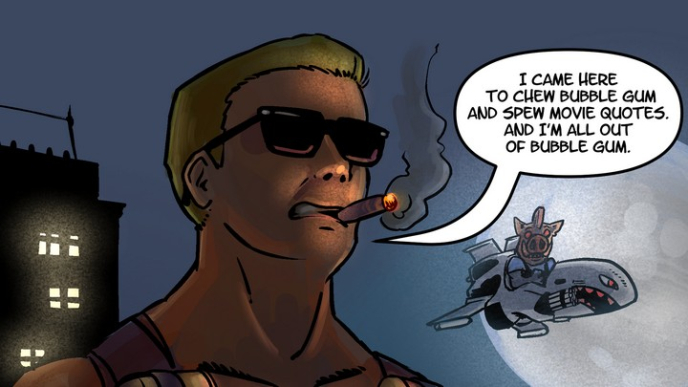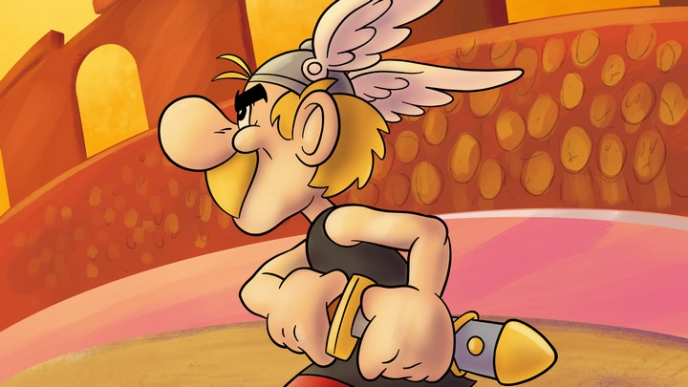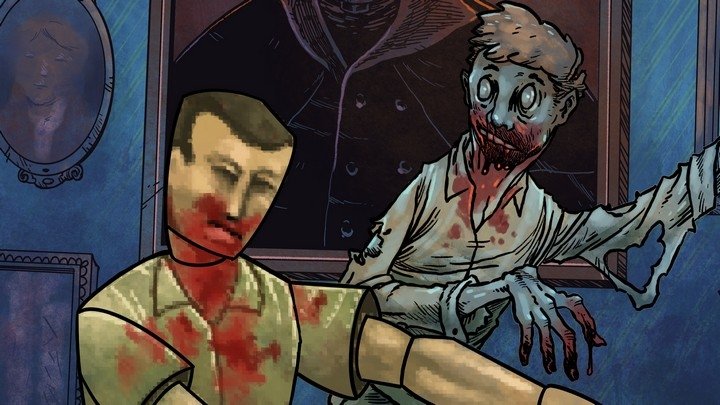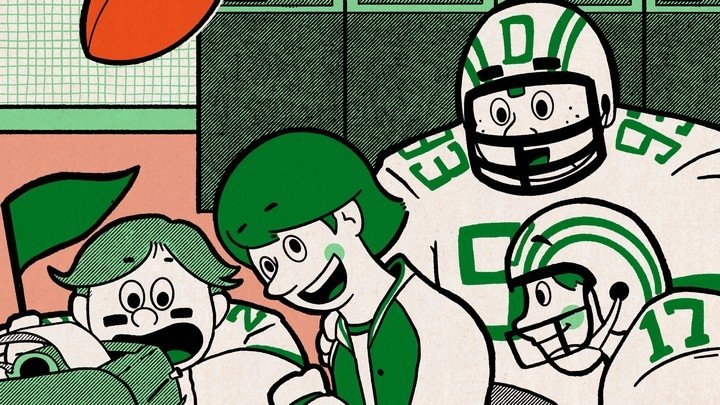Phantasy Star: Forgotten, but not gone
Sega's seminal RPG series celebrates its 30th anniversary this week, but don't expect much hubbub.
Last month, Sega of America quietly shut down the English site for Phantasy Star Online 2, the massively-multiplayer action-RPG that has been running in Japan for several years, and in doing so they confirmed two things: one, the expensive service game they cleary didn't want to localise is not going to be localised, and two, the Phantasy Star franchise as it currently exists is no longer For Us — that is, westerners and anyone else who looks back on the pre-PSO days with fondness, or even the pre-PSO2 days — and that we should accept it and move on with our lives. Fine by me, I suppose; I've long resigned the fate of the Shining series to Tony Taka and company, I can deal with this.
What does bother me, however, are the implications of this position as it pertains to keeping the classic games in circulation: a dormant franchise is one thing, but a franchise being popular in a way that precludes previous iterations means there's very little incentive to curate the older titles in the manner that they might otherwise deserve.
Case in point: the original Phantasy Star game, released thirty years ago today for the Sega Mark III, the Japanese counterpart to the Master System; it's a standout title from the first wave of post-Dragon Quest JRPGs, the genesis of a thirty-year-old franchise and one of the first truly excellent home console games developed by Sega, yet it's not commercially available on any major currently-maintaned platform, not even as a poorly-emulated ad delivery service or as part of an inglorious ROM dump alongside DecapAttack and Eternal Champions. .
It should be said that the original Phantasy Star has a few peculiarities that set it apart from its immediate sequels, let alone the online games — it's the only game in the series to feature first-person dungeons, the aesthetic is less aggressively sci-fi and more "inverted Star Wars" and it's not a Mega Drive game, meaning it's left out of every low-effort compilation or anthology by default — but the series as a whole hasn't fared much better: neither of the Japanese Phantasy Star collections were released overseas, nor were the budget PS2 remakes, and the Phantasy Star anthology we did receive was both incomplete and featured easily-triggered, game-ending bugs. (I'd also argue that their tendency to release Phantasy Star II as the representative single entry in the series isn't doing them any favours, but that's a discussion for another time.)
Of course, none of this matters to you or I, the fan who's already acquainted with the games, or at least their reputation, and knows how to acquire them by other means — the PS2 Complete Collection is not hard to get ahold of, and the Phantasy Star 20th Anniversary re-translation patch is still the most accommodating way to experience the game for the first time, official or not — but that's beside the point. Shouldn't the owners and creators of this series, and any series, feel a responsibility to nurture the legacy of their works with proper and thorough curation, or at the very least, by making them readily accessible to current audiences? Shouldn't an imperative exist that demands the maintenance of past works, especially works of demonstrable merit, that goes beyond short-term commercial concerns — or, to be purely cynical, wouldn't it be in their best interest to cultivate value around existing assets at every opportunity? If not, would it kill them to license these games to people who will?
...yeah, I know. What can I say, Christmas makes me sentimental. Try Phantasy Star, and don't forget to rotate your saves in the dungeons! You'll thank me later.




